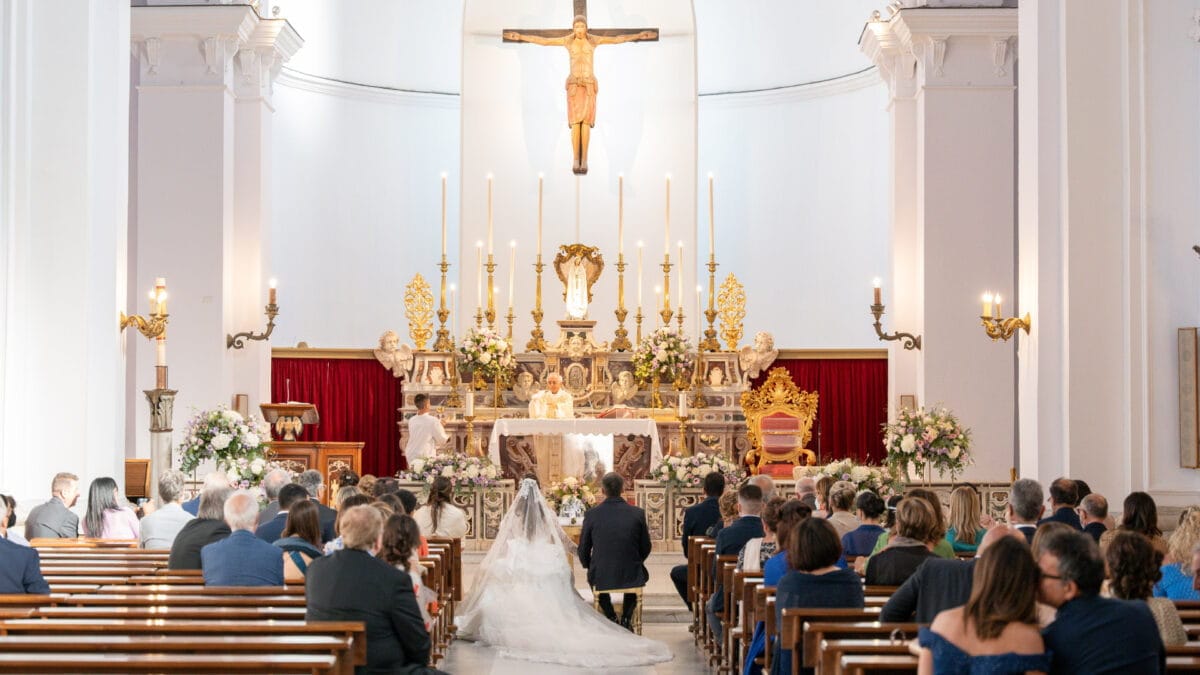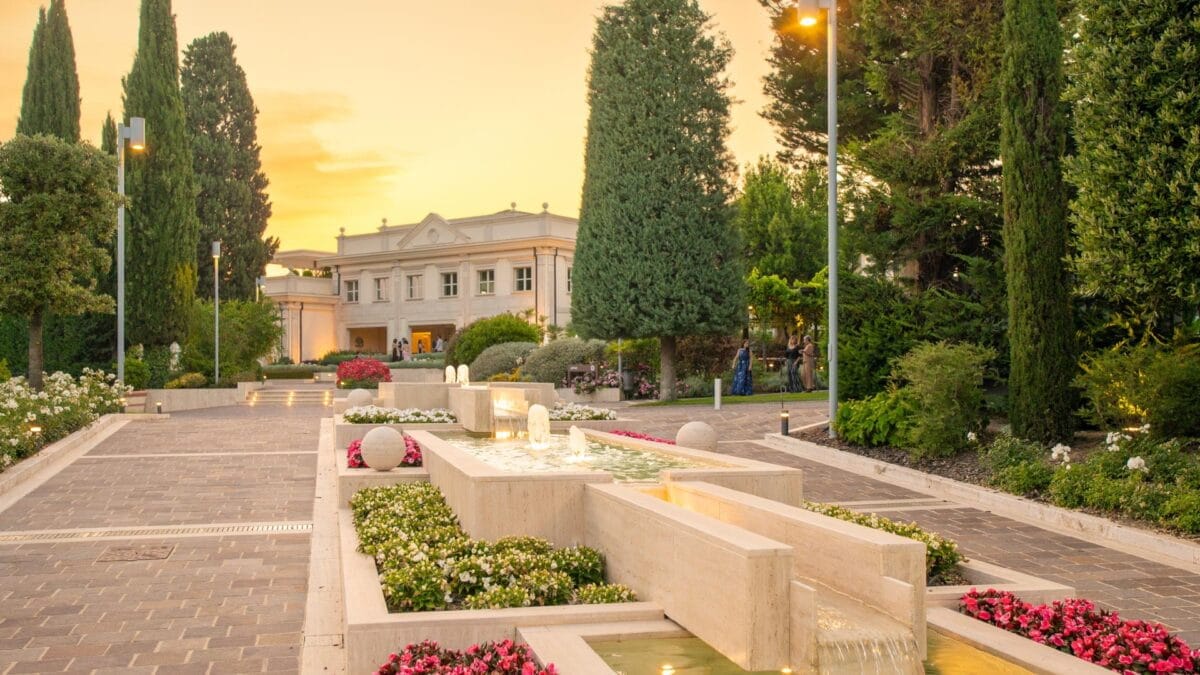A guide to dealing with the bureaucratic steps required for a civil ceremony
Organizing a civil wedding is an increasingly popular choice, as it combines bureaucratic simplicity with the opportunity to enjoy an authentic and personalized ceremony. At Villa Orsini, you have the opportunity to legally celebrate your wedding in a setting of extraordinary beauty. In this guide, we will walk you through the main bureaucratic requirements so that you can enjoy your big day with peace of mind.
Request for publications
The journey towards your civil marriage begins symbolically with a public act: the request for the publication of banns, to be submitted to the Civil Registry Office of the municipality of residence of one of the spouses. This step is not a mere formality, but a legal institution that makes your intention to marry known to the whole community, giving anyone the opportunity to raise any objections (a rare case but provided for by law).
The publications are posted on the municipal notice board for at least 8 consecutive days. Once this period has elapsed without any objections being raised, the registrar issues the authorization to celebrate the wedding. This document is the key that will allow you to proceed with the ceremony. It is important to plan ahead: the authorization is valid for a limited period (usually 6 months), within which the marriage must be celebrated.
Required documents
Submitting the correct and complete documentation is essential to avoid delays and complications. Here is a detailed list of what you will need to prepare for the publication request and for the day of the ceremony:
- Valid identity cards and original tax codes for both spouses.
- Birth certificate, to be requested from the municipality of birth.
- Certificate of marital status, citizenship, and residence: this often replaces individual certificates and is a comprehensive document that certifies all the conditions necessary to get married.
Additional documents in specific cases:
- For divorced persons: Final divorce decree or divorce decree with annotation of transcription.
- For widows/widowers: Death certificate of the deceased spouse.
For foreign nationals, the case requires more attention. In addition to translated and legalized (or apostilled) documents such as the null osta from the country of origin, a valid residence permit will often also be required. We advise you to contact your Civil Registry Office and the diplomatic representation of your country of origin in good time to confirm all requirements.
Choice of matrimonial property regime
Before saying “I do,” or at the time of the ceremony itself, you will be asked to make an important choice that will govern your future financial relations: the matrimonial property regime. The decision is between community property or separate property.
Practical tip: don’t make a hasty decision. Discuss it openly, assess your current and future financial situation and, if necessary, consult a notary or legal advisor to get a clear and comprehensive picture of the implications of each option.
The civil ceremony at Villa Orsini
At Villa Orsini, you can experience the magic of a civil wedding surrounded by history and the nature of Irpinia. The villa is an officially authorized venue, which means that your “I do” will be valid for all legal purposes. You can celebrate your ceremony in the elegant and spacious gardens, making every moment unique and unforgettable.
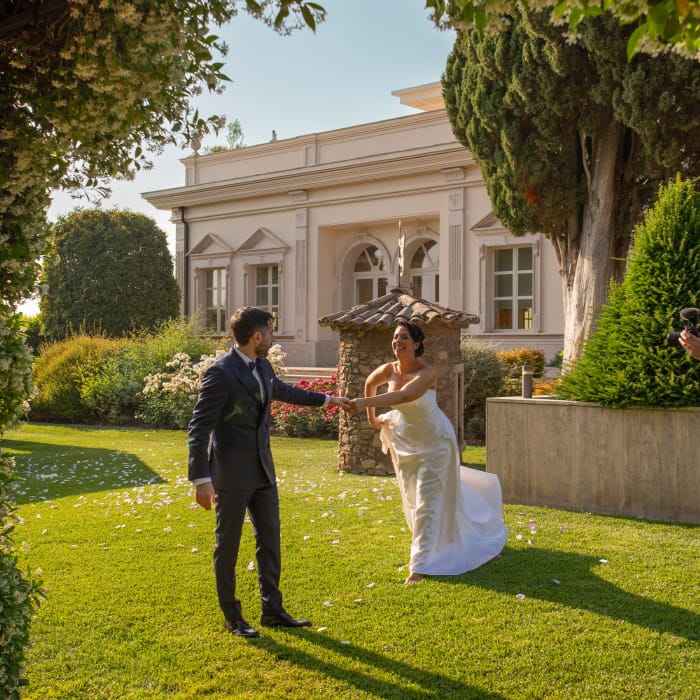
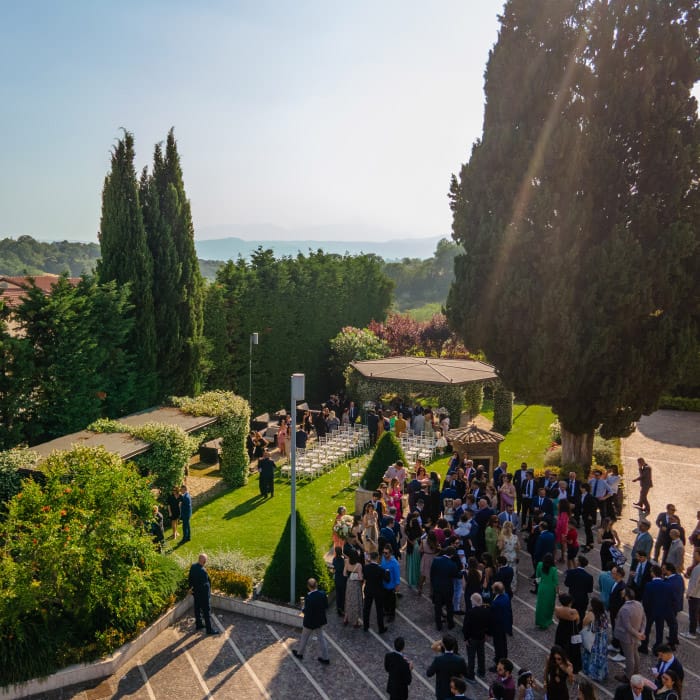
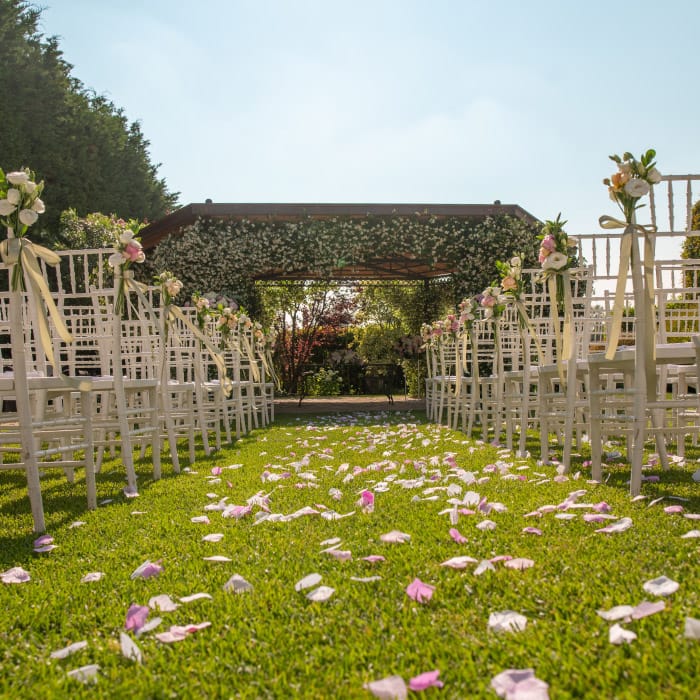

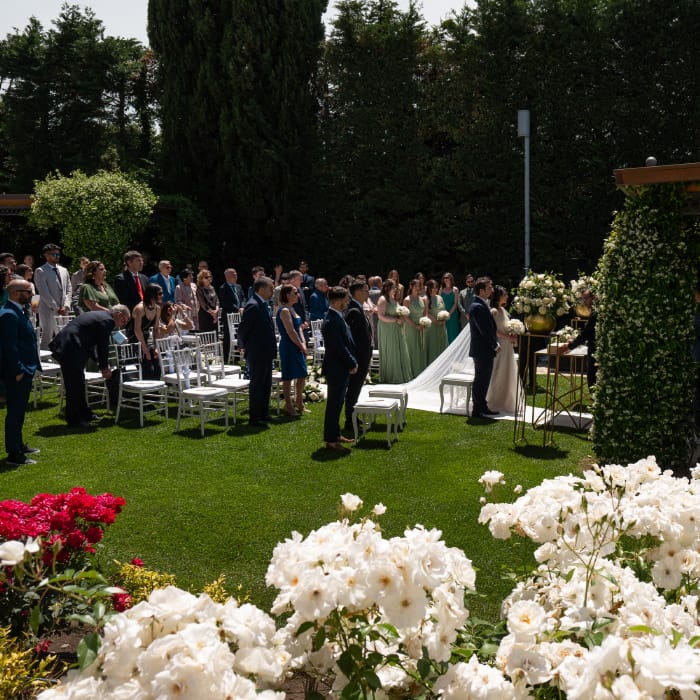
Choosing Villa Orsini for your civil wedding means choosing a venue that combines charm, authenticity, and legal validity. With our experience and attention to detail, you can focus solely on enjoying your special day, while we take care of every aspect of the organization, ensuring that everything runs smoothly and perfectly. Contact us using the form provided or via WhatsApp: we will be happy to answer all your questions and provide you with a customized quote.
